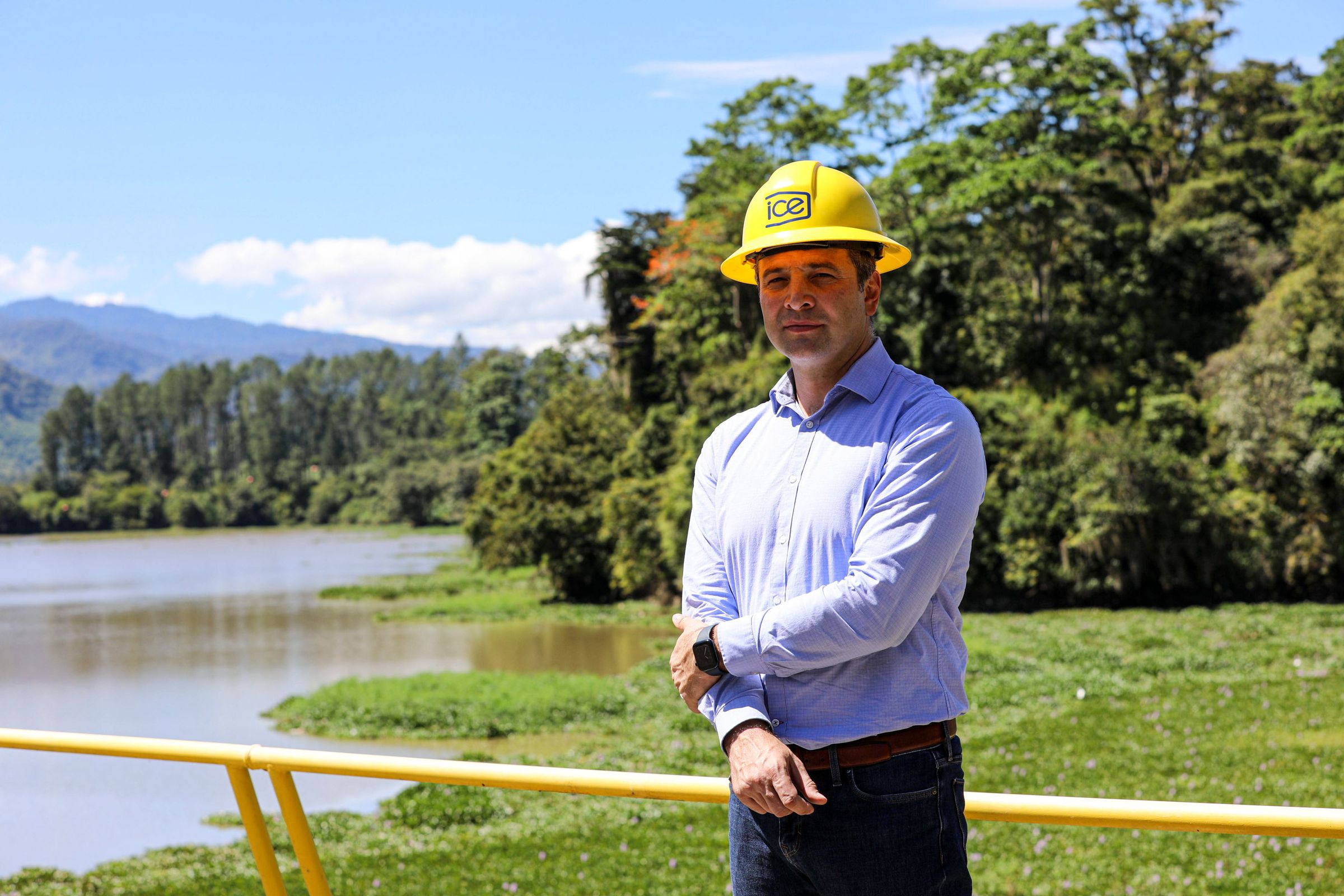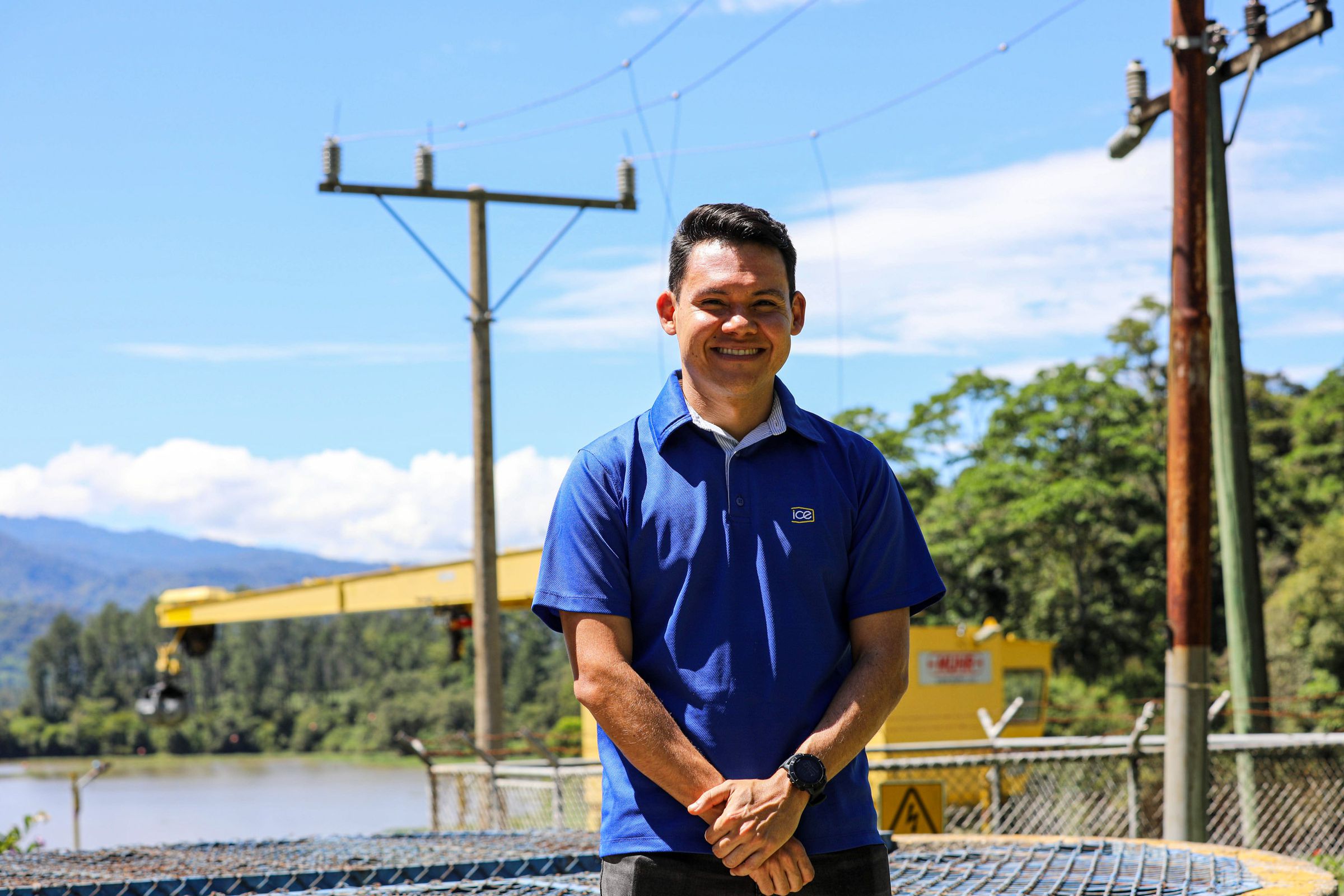
Costa Rica gets more than 99 percent of its electricity from renewables — it’s still not enough.




What effects did El Niño and drought have in 2023?
KLB: There are two effects that El Nino has on the country. The first one is on the demand side because the climate is hotter, so everybody is using the air conditioners and the electricity demand gets higher.
The other effect is a significant reduction in hydropower not only in Arenal but also in other power plants across the country. We got a 16 percent reduction in inflow to our hydropower reservoirs.
In the rainy season, our reservoirs normally recover. However, they’ve been extremely low in 2023. So, our main concern is that the hot season in 2024 will be a little bit complicated.
Does drought lead to burning more fossil fuels?
KLB: We need to have insurance for the period when we don’t have green power, we don’t have hydropower. So, we get a small percentage of electricity from diesel thermal power plants, but only as a backup.
There’s a lot to learn from those successes and even more to gain from challenges the country now has to tackle. Seasons are increasingly unpredictable. Could climate change upend past victories? Meanwhile, Indigenous leaders face violence from people trying to stop their campaigns to reclaim and reforest Indigenous territories. Can the country undo a history of land-grabbing?
The Verge explored those questions on the ground in Costa Rica, with support from the International Center for Journalists and local media organization Punto y Aparte, and found hard-learned lessons that cross borders.
It’s suspected that diesel thermal power plant use will increase in 2024 because of low hydropower. Another resource that we can tap is electricity from the regional electricity market with Central American countries. However, because we are in the same region, they also have the same problems. They’ve also got low hydropower; there’s not a lot of resources in the region to share.
In the US, we’re used to many smaller private electric utilities. Does having a national energy company like ICE make it easier to adopt renewable energy?
KLB: In our perspective, yes, it’s an advantage that the planning is held by a government state company. It can make a plan for the country according to the government’s vision. We only sell what we need, and there’s no interference from different stakeholders. It makes the planning process more simple.
Photography by Justine Calma / The Verge
The International Center for Journalists supported this reporting, and Punto y Aparte contributed to the report.